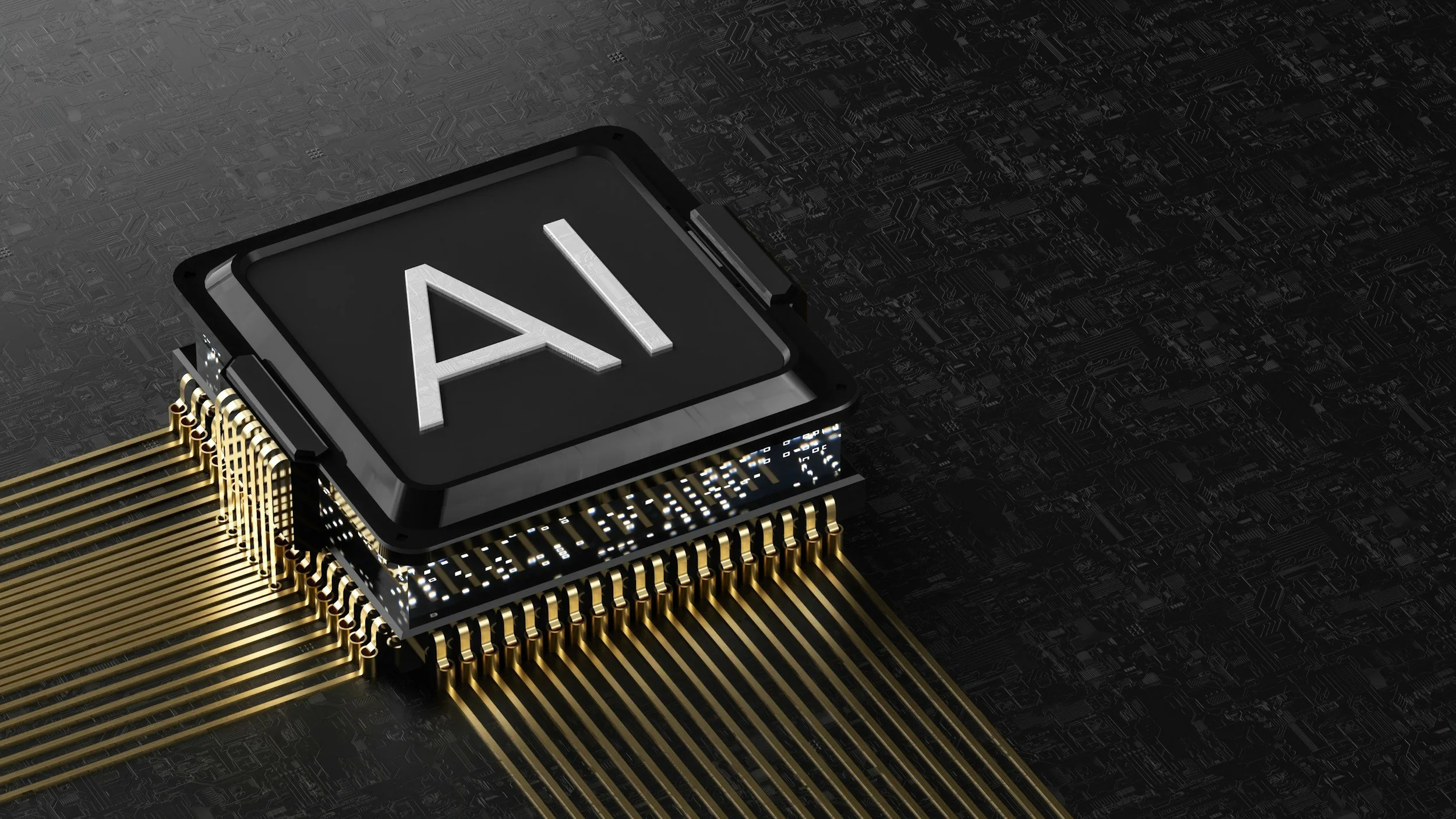HKUST Launches AI Diagnostic Tools and Robotic Devices to Advance Hong Kong Healthcare

Image Credit: Ribhav Kala | Splash
The Hong Kong University of Science and Technology (HKUST) has announced the development of four artificial intelligence software models for medical diagnostics and three AI-integrated robotic medical devices. The initiatives, introduced in late 2024 and early 2025, are aimed at enhancing diagnostic speed and accuracy, supporting surgical procedures, and improving patient rehabilitation.
AI Development in Hong Kong
Hong Kong is trying to strengthen its focus on artificial intelligence in the healthcare sector. On May 9, HKUST launched the Von Neumann Institute, described as the Greater Bay Area’s first industry-focused AI research facility. The institute is led by Jia Jiaya, founder of SmartMore. The Hong Kong government’s Innovation and Technology Commission supports ongoing research and development efforts. HKUST was ranked 12th in Asia and 66th globally by Times Higher Education in 2025. Its Data Science and Artificial Intelligence program is ranked 17th globally, according to the university.
AI Software for Medical Diagnostics
Sinec October 2024, HKUST has introduced four AI software models: MOME, mSTAR, MedDr, and XAIM. These tools were developed by a team led by Assistant Professor Chen Hao and are being tested with hospitals in Hong Kong and mainland China.
MOME is designed to assist in breast cancer diagnosis by analyzing MRI scans and predicting responses to neoadjuvant chemotherapy.
mSTAR supports pathologists by analyzing medical images for multiple diagnostic tasks in cancer detection.
MedDr is a generalist multimodal language model capable of generating medical reports and initial diagnoses from imaging data.
XAIM provides explanations of its diagnostic outputs and supports skin lesion analysis.
The four models were trained using large-scale medical imaging datasets. According to HKUST, results from pilot hospital trials indicate diagnostic accuracy comparable to that of medical specialists.
AI-Integrated Medical Devices
In April 2025, a separate team led by Associate Professor Shen Yajing at HKUST announced three AI-enabled robotic medical devices, funded by the Innovation and Technology Commission under the RAISe+ Scheme.
PhyTac is a hand-centric tactile sensor system designed to support rehabilitation for stroke patients, including applications in virtual reality exercises.
Biomimetic Airflow Sensor is a portable device for respiratory monitoring, aimed at assisting patients with lung conditions.
Multifunctional Surgical Robot is described by HKUST as the world’s smallest surgical robot, designed to support minimally invasive procedures with precise navigation.
All three devices are currently undergoing evaluation in partnership with the Hospital Authority of Hong Kong.
Implementation and Challenges
HKUST states that its AI models and devices are intended to accelerate diagnostic processes, increase surgical precision, and support patient recovery. However, the deployment of AI technologies in healthcare is subject to regulatory requirements under Hong Kong’s Personal Data (Privacy) Ordinance and relevant international standards. Data privacy, cost of development, and ensuring transparency in AI decision-making are identified by HKUST as key considerations.
We are a leading AI-focused digital news platform, combining AI-generated reporting with human editorial oversight. By aggregating and synthesizing the latest developments in AI — spanning innovation, technology, ethics, policy and business — we deliver timely, accurate and thought-provoking content.





























